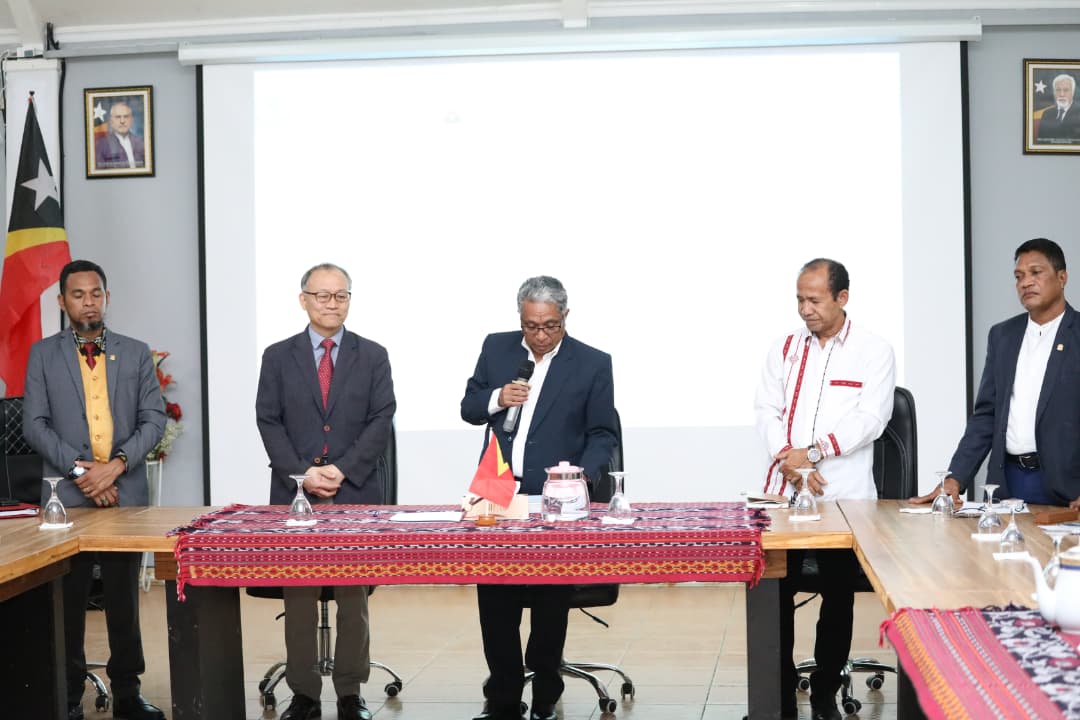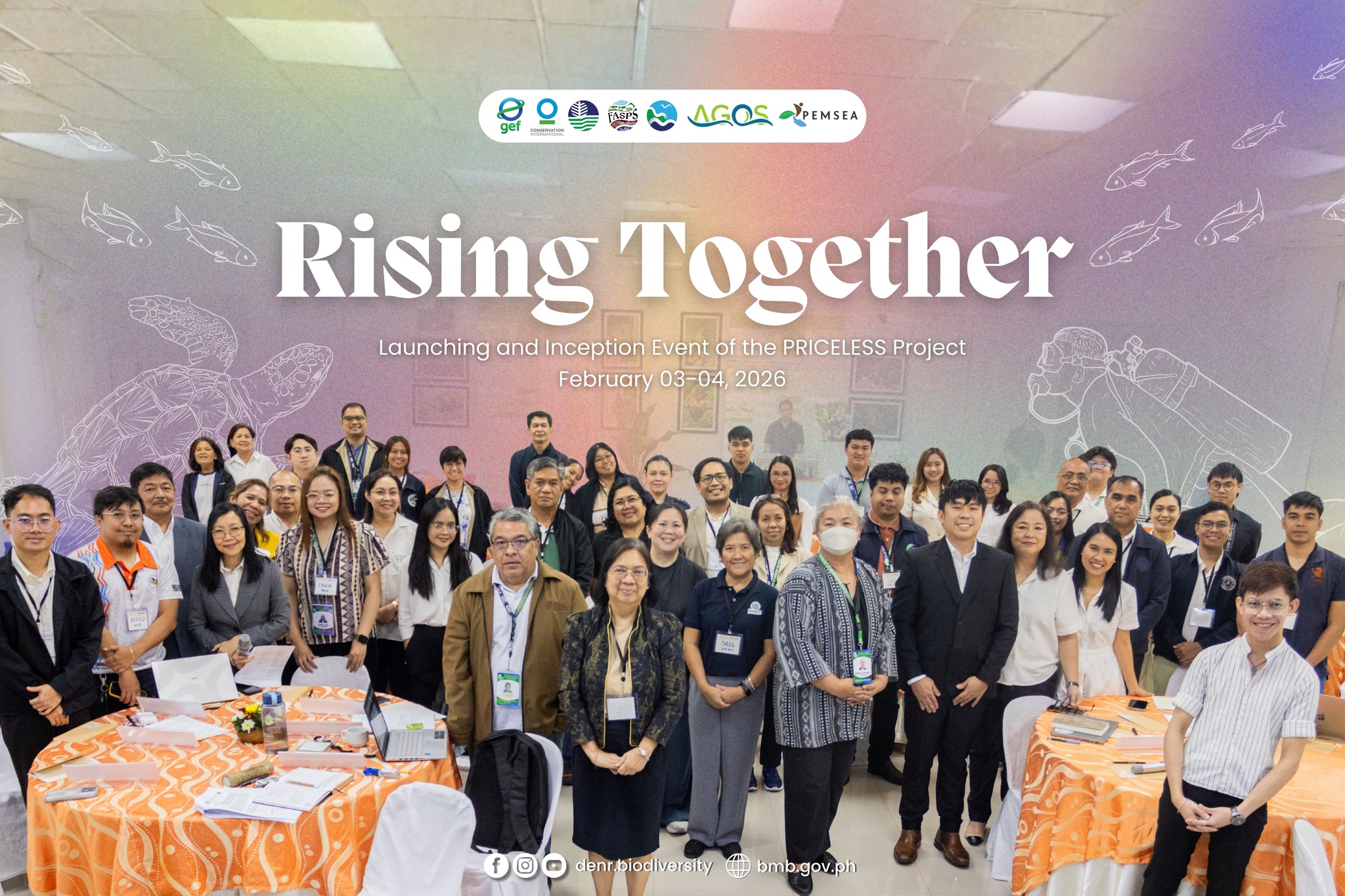Workshop on Nutrient Loading and Ecosystem Modeling for Manila Bay
Tuesday, 12 August 2014

Quezon City, Philippines — In an effort to foster synergy and collaboration among implementers of nutrient loading and ecosystem modeling efforts in the Manila Bay watershed, a technical workshop to discuss the scope, expected outputs, challenges and way forward was held on 10 April 2014 at the PEMSEA Resource Facility with representation from various research and computer modeling projects in the Bay.
Preliminary results from existing nutrient, pollutant and ecosystem modeling efforts in Manila Bay were presented. These included:
The Bureau of Soil and Waste Management's (BSWM) studies on nonpoint source pollution from croplands and the application of stable isotopes to assess pollution loading from various sources;
The University of the Philippines-Marine Science Institute's (UP-MSI) modeling study of estimating nitrogen and phosphorus loading in Manila Bay, as part of the UNEP/GEF Project on Reducing Nutrient Enrichment and Oxygen Depletion from Land-based Pollution;
The UP-National Hydraulic Research Center's (UP-NHRC) development of a decision support system for managing the environmental quality of the Manila Bay-Laguna Lake watershed;
The Philippine Nuclear Research Institute's (PNRI) estimation of pollutant source contribution of the Pampanga River basin using carbon and nitrogen isotopes; and
Laguna Lake Development Authority's (LLDA) total pollutant loading study in the Laguna de Bay-Pasig River-Manila Bay watershed.
Each presentation delved into the geographic coverage, scope, data sources, priority pollutants being considered, assumptions/emission factors/coefficients used, model calibration, expected outputs, and scenarios for nutrient management and pollutant reduction. Of varying methodologies and techniques, the modeling studies generally aim to quantify pollutant loadings in the Bay, including contributions from the different sectors, and identify potential impacts and areas of concern in the Bay, as basis for developing nutrient management and pollution reduction strategies and policies.
The workshop recognized the value of sharing and comparing data (e.g., emission factors, coefficients, assumptions, etc.) among the different projects and the use of common sources of data for forecasting and projecting future scenarios.
The workshop participants agreed to meet again in September to share results and brainstorm on policies and initiatives that can be implemented based from the results of the modeling studies.
The workshop was co-organized by PEMSEA and the Manila Bay Coordinating Office (MBCO) of the Department of Environment and Natural Resources (DENR). The workshop was attended by representatives from DENR-MBCO, BSWM, UP-MSI, UP-NHRC, PNRI, LLDA and PEMSEA. Observers from the Netherlands Environmental Assessment Agency (PBL) and Bulacan Environment and Natural Resources Office (BENRO) were also present.





